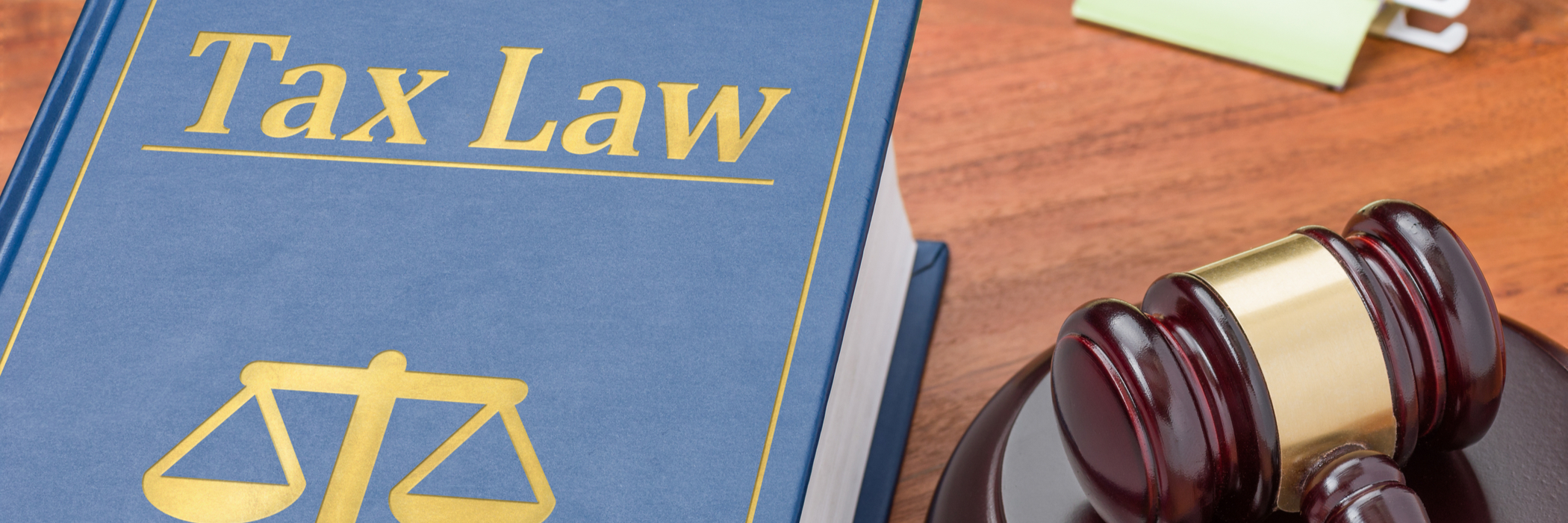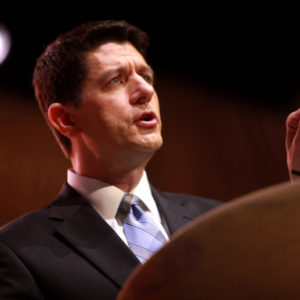
Letter to the IRS Supporting Treasury’s Corporate Inversion Regulations
The Financial Accountability and Corporate Transparency Coalition (FACT Coalition) sent a letter to the IRS in support of the Department of the Treasury’s Final and Temporary Regulations under Section 385 on the Treatment of Certain Interests in Corporations as Stock or Indebtedness. The full letter can be read below or downloaded here.





